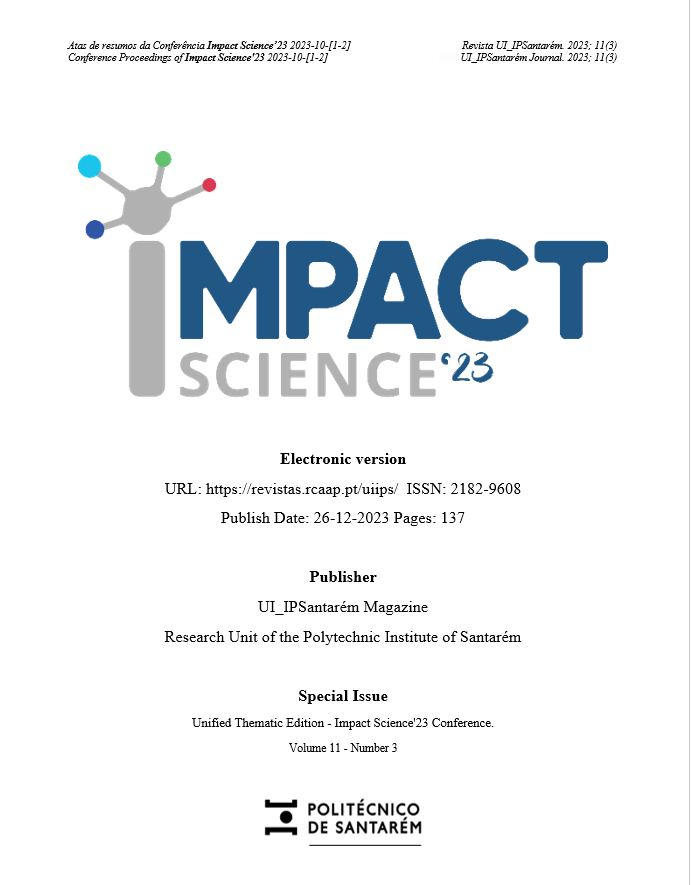The accounting regulation system and financial reporting of Guinea-Bissau
DOI:
https://doi.org/10.25746/ruiips.v11.i3.32499Keywords:
SYSCOHADA, SYSCOA, Accounting system, Guinea-Bissau, financial reporting, ORNATOCAbstract
Accounting in Africa is an underexplored topic (Lassou, Hopper & Ntim, 2021; Tawiah & Boolaky, 2020; Konan et al., 2021). This work analyzes and explains the evolution of the Guinean accounting system, namely the process of convergence of the Accounting System of the Organization for Harmonization of Business Law in Africa (SYSCOHADA) with the international financial reporting standards (NIRF).The aim is to understand the extent to which political and cultural ties influenced this process of convergence in the country, as well as the links between the social, economic and financial dimensions, as well as the respective influences on taxation, education and professional training, on the organization of the accounting profession, based on the classification of accounting systems by Nobes (1998). The study answers the following research questions: Q1: Who are primarily responsible for the accounting and financial reporting system in Guinea-Bissau? Q2: What are the roles of these officials in Guinea-Bissau's accounting and financial reporting system? Q3: What are the accounting standards in force in Guinea-Bissau and who do they apply to? Q4: How are accounting standards endorsed in Guinea-Bissau? Q5: What mechanisms are used to enforce the application of accounting standards in Guinea-Bissau? Q6: Why is Guinea-Bissau's accounting system underdeveloped and what prevents its progression?This research is qualitative, but it is supported by descriptive quantitative analyses. It is based on the case study methodology (Yin, 2015) and explores two main variables: accounting and financial reporting standards, on the one hand, and actors and bodies, on the other. For each of them, it considers the following levels of analysis: (i) politics and economics; (ii) education and training; (ii) taxation; (iv) organization of the profession.Primary data were collected through six semi-structured interviews that allowed an analytical understanding of the factors that influence accounting standards. The data collected in the interviews were then triangulated with secondary data obtained from readings and analyzes of scientific articles, technical-professional articles, Guinean legislation, sectoral reports, and other economic and financial information on Guinean companies, to characterize the accounting regulation system in Guinea-Bissau and identify its main actors.The opening of the economy of the countries of the West African Economic and Monetary Union (UEMOA), of which Guinea-Bissau is a member, multinational companies and the World Bank exert pressure to adopt the IFRS (Degos, Levant & Touron, 2019). With the aim of harmonizing accounting in UEMOA countries, the SYSCOHADA was created. It is currently applied in seventeen countries in West and Central Africa, including Guinea-Bissau. Guinea-Bissau's regulations are heavily based on laws and are inspired by the French accounting system. After independence, in 1973, the Official Plan of Accounts of Guinea-Bissau (POC-GW) was adopted, which was based on the Portuguese system. In Guinea-Bissau the French-speaking influence is currently the main one, in line with neighboring countries.However, the organization of the accounting profession has enormous similarities with the Portuguese organization. Based on the identified characteristics, the Guinean accounting and financial reporting system fits into the continental European group, following the classification proposed by Nobes (2008).
Downloads
Published
How to Cite
Issue
Section
License
Copyright (c) 2023 Mamadu Candé, Leonor Ferreira, Ana Fialho

This work is licensed under a Creative Commons Attribution-NonCommercial-NoDerivatives 4.0 International License.
Authors publishing in this journal agree to the following terms:
Authors retain copyright and grant the journal the right of first publication, with the article simultaneously licensed under the Creative Commons Attribution License that allows sharing of the work with acknowledgement of authorship and initial publication in this journal.
Authors are permitted to enter into additional contracts separately for non-exclusive distribution of the version of the article published in this journal (e.g., publish in an institutional repository or as a book chapter), with acknowledgment of authorship and initial publication in this journal.
Authors have permission and are encouraged to publish and distribute their work online (e.g., in institutional repositories or on their personal webpage) at any point before or during the editorial process, as this may generate productive changes, as well as increase the impact and citation of the published work.



